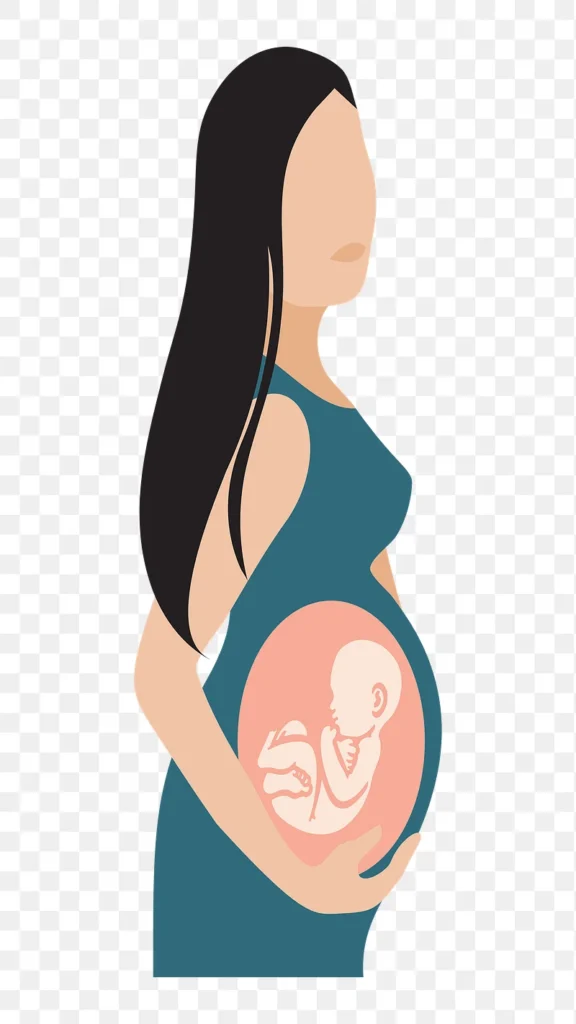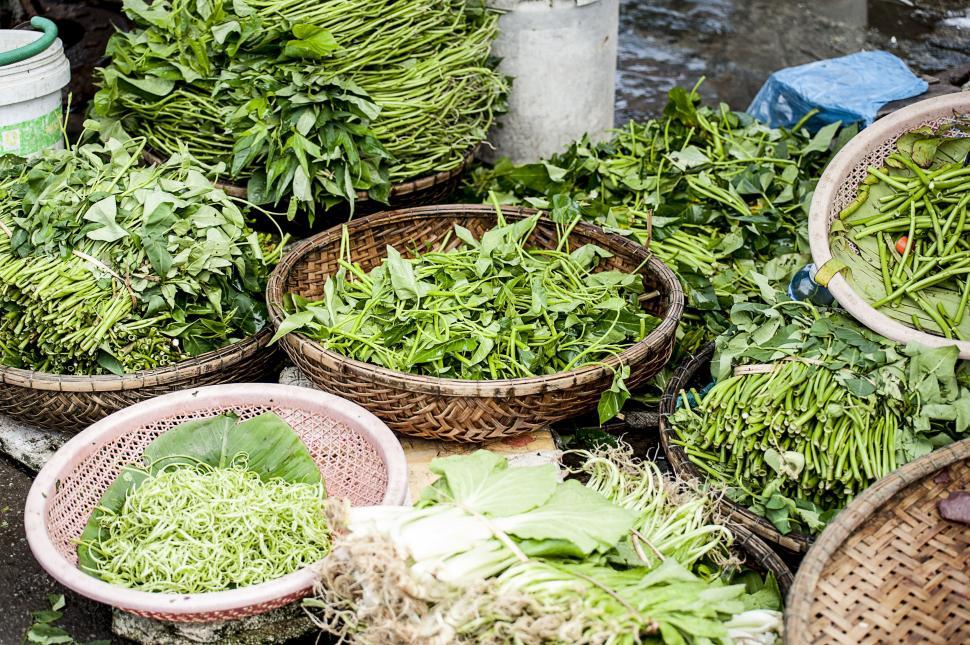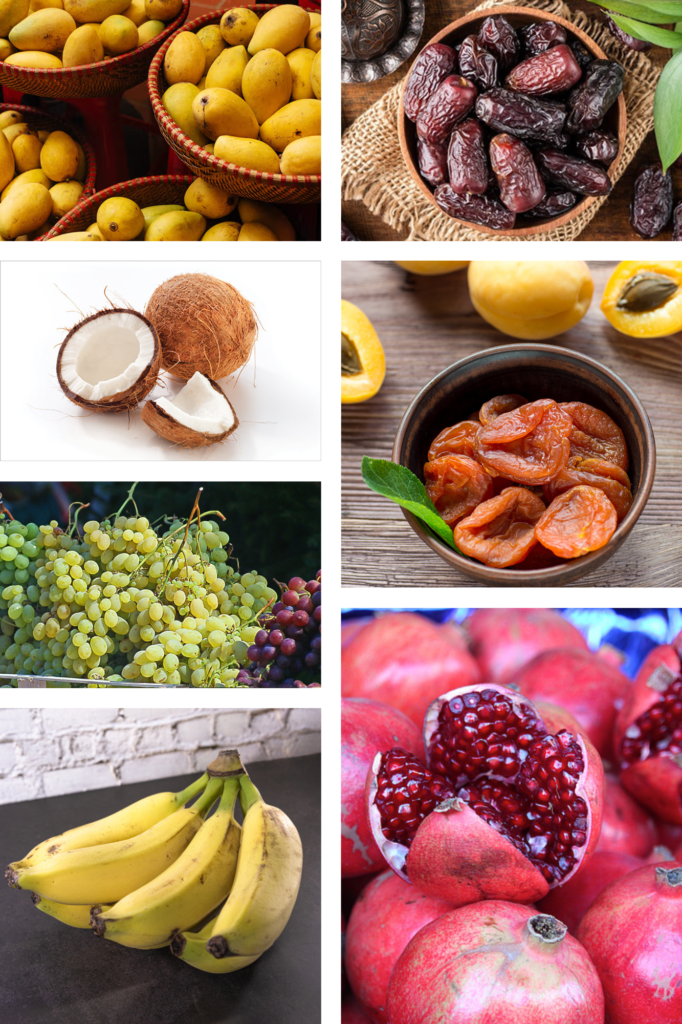Pregnancy is a beautiful journey, full of anticipation and excitement, but it also comes with its own set of challenges. nutrition is one of the most important elements of this journey. Typical pregnant women ask, What to Eat During Pregnancy to Have a Beautiful Baby The words are in a balanced diet that supplies both mother and child with the required nutrients. In this article, we’ll explore the essential foods to include in your pregnancy diet, the nutrients they provide, and tips for maintaining a healthy lifestyle.

The Importance of Nutrition During Pregnancy
During pregnancy, a woman’s body undergoes significant changes, and her nutritional needs increase. Proper nutrition supports the development of the baby’s organs, brain, and immune system, while also helping the mother maintain her health and energy levels. A well-rounded diet can minimize the risk of complications, support fetal growth, and contribute to a healthy birth weight.
Key Nutrients for a Healthy Pregnancy
Before diving into what to eat, let’s discuss the key nutrients that are essential for a healthy pregnancy:
- Folic Acid: Crucial for preventing neural tube defects, folic acid is vital during the early stages of pregnancy. It can be found in leafy greens, beans, and fortified cereals.
- Iron: Meat, particularly red meat, spinach, lentils, and some cereals that are fortified with iron are sources of this mineral.
- Calcium: Crucial for the formation of the infant’s skeletal and dental structures. Good sources are dairy products, almonds, and dark leafy greens.
- Omega-3 Fatty Acids: Important for brain development. Found in fatty fish like salmon, walnuts, and flaxseeds.
- Protein: Necessary for the growth of fetal tissues, including the brain. Good sources include lean meats, eggs, beans, and dairy.
Foods to Include in Your Pregnancy Diet
Now that we’ve covered the essential nutrients, let’s look at specific foods that can help you achieve optimal nutrition during pregnancy.
1. Leafy Greens

Leafy greens such as spinach, kale, and broccoli are rich in folic acid, calcium, and iron. They also provide antioxidants and fiber, which are beneficial for digestion and can help alleviate common pregnancy discomforts like constipation. Consider incorporating these into salads, smoothies, or as steamed sides to your meals.
2. Fruits

Fruits are packed with vitamins, minerals, and fiber. Citrus fruits, such as oranges and grapefruits, are high in vitamin C, which enhances iron absorption. Berries are also great options as they are rich in antioxidants and can help reduce inflammation. Enjoy fruits as snacks, in smoothies, or added to yogurt for a nutritious treat.
3. Whole Grains
Whole grains like brown rice, quinoa, and oats provide energy and essential B vitamins. They are also a good source of fiber, which helps maintain healthy digestion. Opt for whole-grain breads and cereals to maximize your intake of these beneficial nutrients.
4. Dairy Products
Dairy is an excellent source of calcium and protein, both of which are crucial for your baby’s development. Milk, yogurt, and cheese not only help in building strong bones but also provide beneficial probiotics for digestive health. If you’re lactose intolerant, consider fortified plant-based alternatives like almond or soy milk.
5. Lean Proteins
Lean meats, poultry, fish, eggs, and legumes are excellent sources of protein, which is essential for the growth and development of your baby’s tissues. Opt for lean cuts of meat and include plant-based proteins like beans and lentils in your diet to meet your protein needs.
6. Nuts and Seeds
Nuts and seeds are rich in healthy fats, protein, and essential nutrients like magnesium and vitamin E. Walnuts, almonds, and chia seeds are great options that can enhance brain development. Snack on a handful of nuts or sprinkle seeds over salads and smoothies.
7. Fatty Fish
Fatty fish such as salmon, sardines, and mackerel are packed with omega-3 fatty acids, which are vital for your baby’s brain and eye development. Aim to include fish in your diet at least twice a week, but be sure to choose low-mercury options.
8. Legumes
Legumes, including beans, lentils, and chickpeas, are nutrient-dense and provide a good source of protein, iron, and fiber. They can help maintain stable blood sugar levels and are a great alternative to meat for vegetarian or vegan mothers.
Tips for a Healthy Pregnancy Diet
- Stay Hydrated: Drink plenty of water throughout the day to stay hydrated. Aim for at least 8-10 glasses daily.
- Limit Processed Foods: Try to avoid foods high in sugar, salt, and unhealthy fats. Instead, focus on whole, nutrient-dense foods.
- Mind Your Portions: While you’re eating for two, it’s important to pay attention to portion sizes. Aim for balanced meals rather than excessive quantities.
- Consider Supplements: Prenatal vitamins can help fill any gaps in your diet. Consult with your healthcare provider to determine what supplements might be best for you.
- Listen to Your Body: Pregnancy can bring cravings and aversions. Pay attention to what your body is telling you and try to maintain a balanced approach to your diet.
Conclusion:
In summary, what you eat during pregnancy plays a significant role in ensuring the health and beauty of your baby. By focusing on a variety of nutrient-rich foods, including leafy greens, fruits, whole grains, dairy, lean proteins, nuts, and fatty fish, you can provide your little one with the best start in life. Remember, the journey of pregnancy is as much about nurturing yourself as it is about nurturing your baby. By prioritizing your nutrition, you’re making an invaluable investment in your health and the future of your child. So, as you embrace this wonderful chapter, keep in mind What to Eat During Pregnancy to Have a Beautiful Baby.







